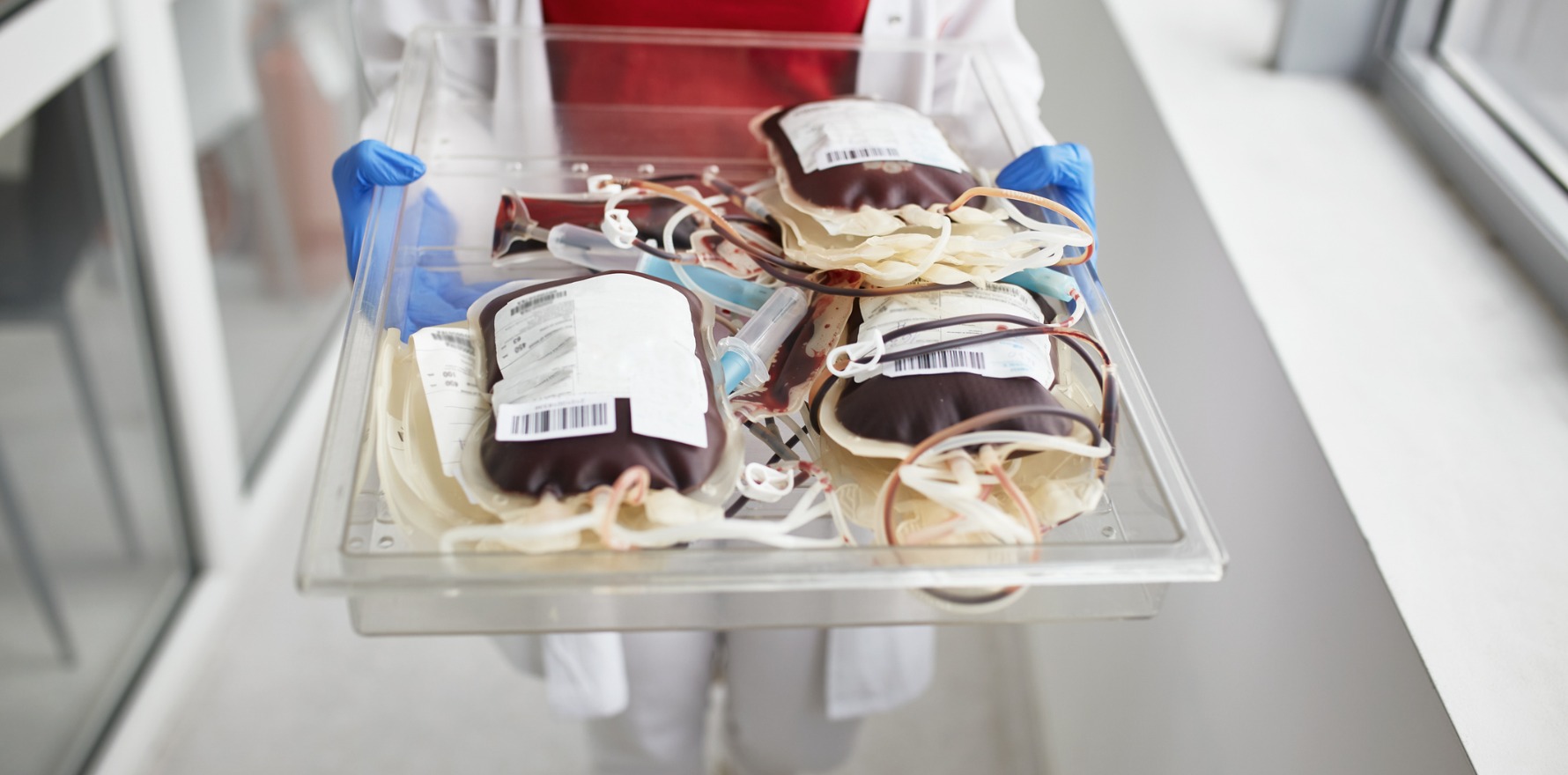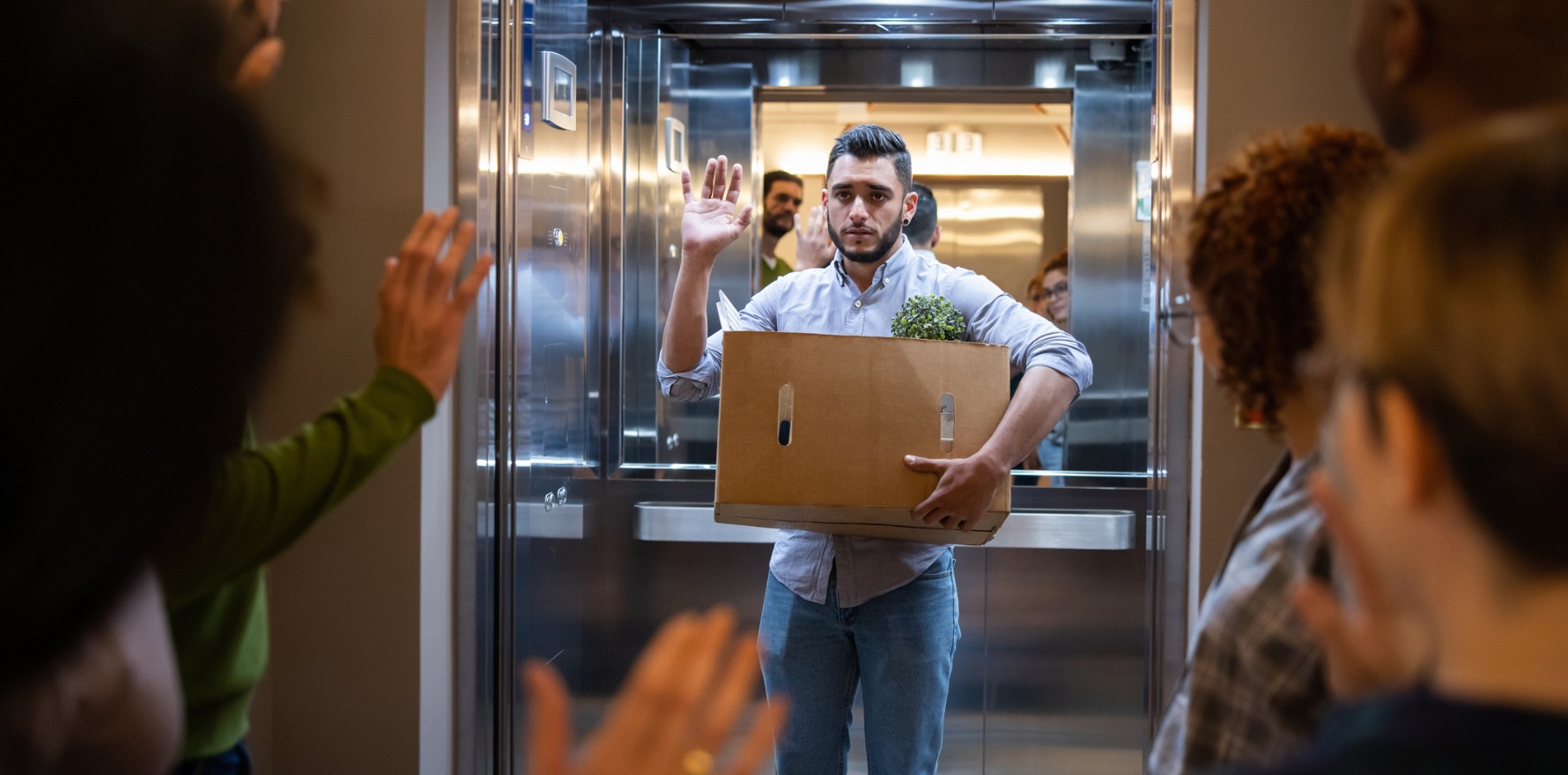The collaboration brings lab-grown blood stem cells closer to human trials.
In a major leap forward for regenerative medicine and haematology, the Murdoch Children’s Research Institute has entered into a landmark million research and licensing agreement with US biotech company Retro Biosciences.
The partnership, worth close to $54 million (USD$35 million) aims to fast-track the development of patient-specific blood stem cell therapies for children and adults with bone marrow failure, leukaemia and other serious blood disorders.
The collaboration builds upon a world-first discovery by MCRI scientists in 2024, in which they successfully generated blood stem cells from human cells in vitro.
These lab-created cells closely mimic natural blood stem cells and have the potential to eliminate the need for donor-matched bone marrow transplants, a treatment currently associated with significant risks when donor-patient compatibility is not optimal.
Associate Professor Elizabeth Ng, whose team was behind the breakthrough research at MCRI, said the innovation paves the way for safer, personalised treatments.
“We have shown that we can take any cell from a patient, reprogram it into a stem cell and then turn these into specifically matched blood cells for transplant, preventing complications from mismatched donors,” she said.
“By joining forces with Retro Biosciences, we are now on our way to providing personalised, patient-specific blood stem cells to treat children and adults with blood diseases. A goal of the partnership is to progress this research into the first-in-human clinical trials within the next five years.”
MCRI is a flagship member of the Melbourne Biomedical Precinct and a key partner of the international Novo Nordisk Foundation Centre for Stem Cell Medicine (reNEW). The newly formalised agreement will see Retro Biosciences exclusively license MCRI’s intellectual property, accelerating translation of the stem cell platform into first-in-human applications.
Currently, more than 90,000 blood stem cell transplants are performed worldwide annually, with over 36,000 involving unrelated or partially matched donors.
While often lifesaving, these procedures can pose serious complications due to immune mismatch. The potential for autologous transplants using cells derived from the patient themselves, represents a paradigm shift in the treatment of haematological conditions.
Related
Professor Enzo Porrello, director of Stem Cell Medicine at MCRI, said the partnership demonstrated the value of early investment in transformative technologies and the importance of industry partnerships to drive innovative therapies towards clinical application.
Joe Betts-LaCroix, co-founder and CEO of Retro Biosciences, said the discovery was significant for both therapeutic and longevity-focused medicine.
“For decades, scientists have sought to generate blood-forming stem cells from pluripotent stem cells that functionally engraft and sustain blood cell production. MCRI’s team has finally achieved this, and we’re proud to help carry this technology toward clinical reality,” he said.
“This fits perfectly with our broader mission to extend healthy lifespan through cellular regeneration.”
Retro Biosciences, known for its pioneering work in cellular rejuvenation and tissue regeneration, will support the continued preclinical development of MCRI’s platform while preparing for regulatory pathways and manufacturing scale-up.





